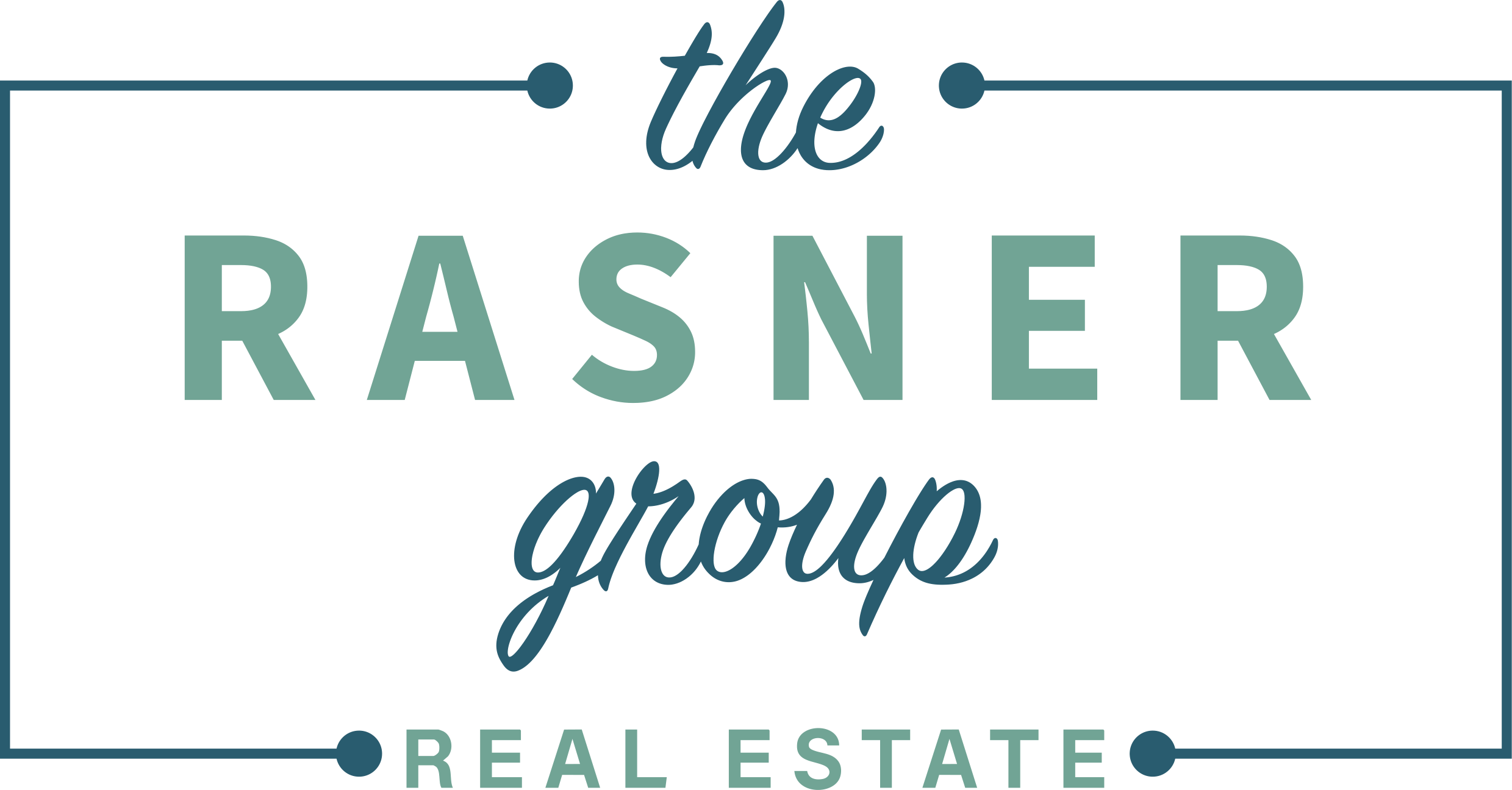Is Buying a Fixer-Upper Worth It?
Buying a fixer-upper can be an enticing prospect for homebuyers seeking to save money or unleash their creativity. The idea of purchasing a budget-friendly property and transforming it into a dream home is undoubtedly appealing. However, it's essential to carefully consider the pros and cons before embarking on such a project. Let’s explore the advantages and disadvantages of buying a fixer-upper:
Affordability
Pro: Fixer-uppers are often priced lower than move-in ready homes, providing an opportunity for significant cost savings.
Con: Renovations can be expensive, and unexpected issues may arise, potentially exceeding the initial budget. Financial planning and contingencies are crucial.
Personalization and Creativity
Pro: Buying a fixer-upper allows for customization and personalization according to individual tastes and preferences.
Con: Renovations can be time-consuming and demanding, requiring careful planning, decision-making, and coordinating multiple contractors or tradespeople.
Increased Property Value
Pro: Renovating a fixer-upper can potentially increase the property's value, providing an opportunity for a higher return on investment.
Con: The real estate market can be unpredictable, and the added value from renovations may not always translate into substantial profits upon resale.
Location and Neighborhood
Pro: Purchasing a fixer-upper in a desirable location or up-and-coming neighborhood may offer long-term appreciation and potential for future gains.
Con: Thorough research is essential to ensure the neighborhood is suitable for your needs and aligns with your long-term plans. Consider factors such as proximity to work, schools, amenities, and transportation.
Emotional Investment
Pro: Transforming a neglected property into a beautiful home can be immensely fulfilling and satisfying.
Con: Renovation projects can be physically and emotionally demanding. The stress and challenges involved in overseeing a renovation should not be underestimated.
Time and Patience
Pro: Buying a fixer-upper allows you to work at your own pace and prioritize renovations based on budget and availability.
Con: Renovations often take longer than anticipated, causing delays in moving in or disruptions to daily life. Consider the time commitment required and the potential impact on your personal and professional life.
Professional Assistance
Pro: Engaging professionals such as contractors, architects, or interior designers can ensure high-quality renovations and minimize costly mistakes.
Con: Hiring professionals adds to the overall cost, potentially reducing the initial savings gained from purchasing a fixer upper. Finding reliable and skilled professionals can also be a challenge.
Purchasing a fixer-upper is a decision that should be approached with careful consideration. While it offers potential benefits such as affordability, personalization, and increased property value, it also involves challenges, including financial risks, time commitment, and emotional stress. Understanding the pros and cons outlined in this article will enable you to make an informed choice that aligns with your goals, budget, and lifestyle. Whether you decide to embark on a fixer-upper project or choose a move-in ready home, remember that thorough research, planning, and realistic expectations are key to a successful homeownership journey.




